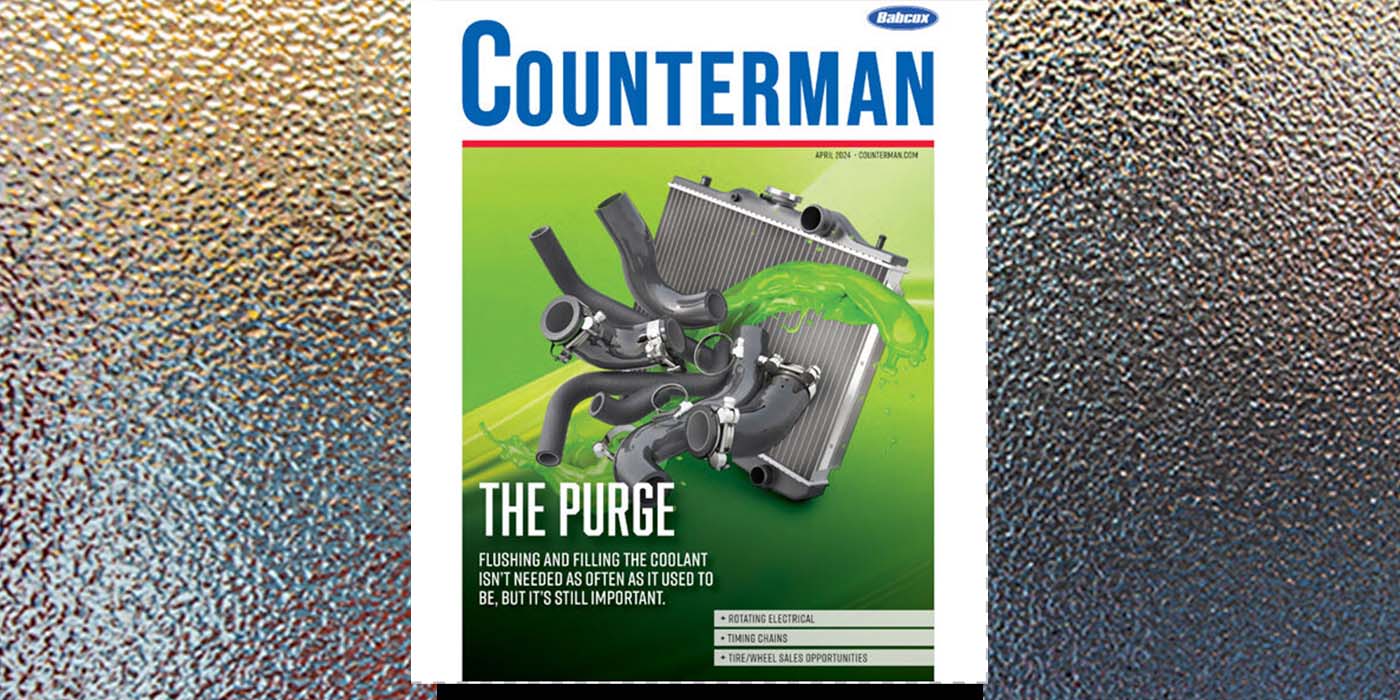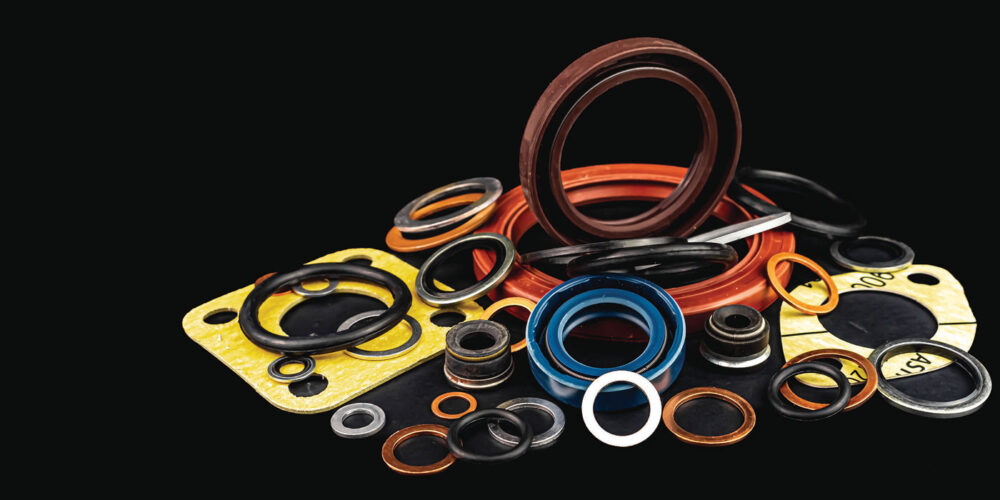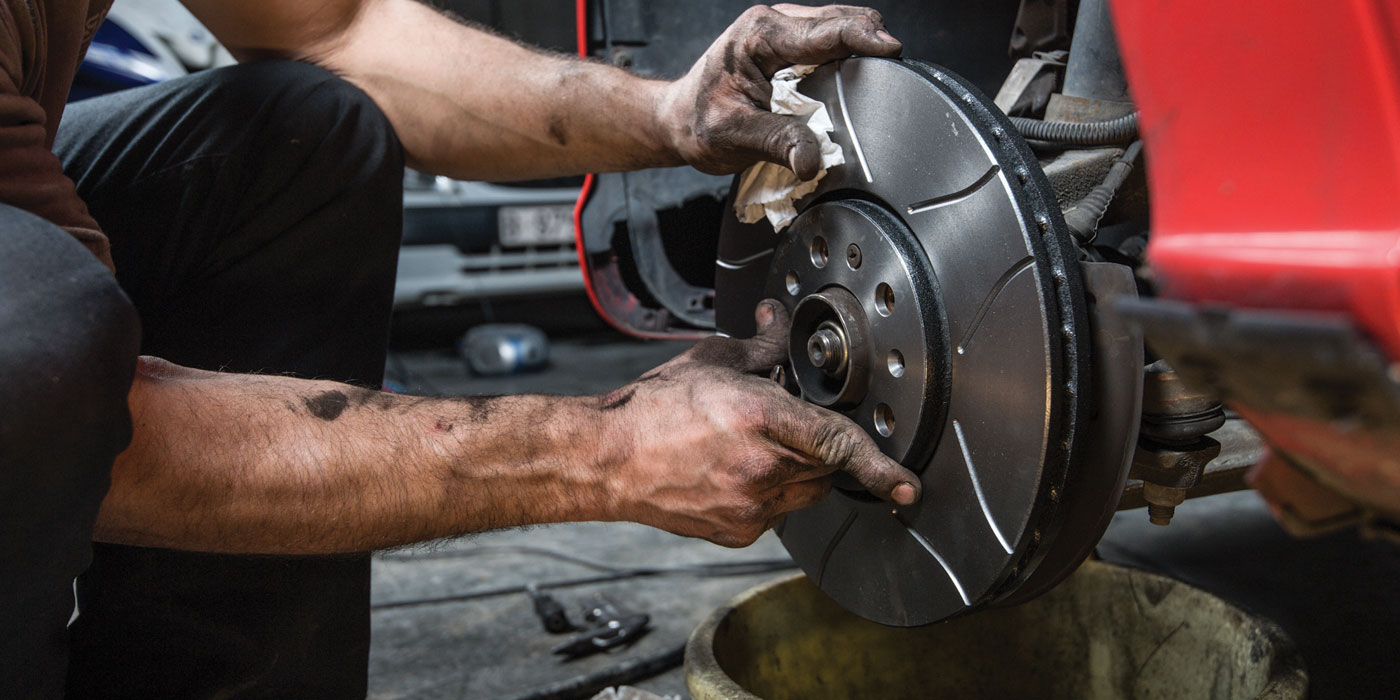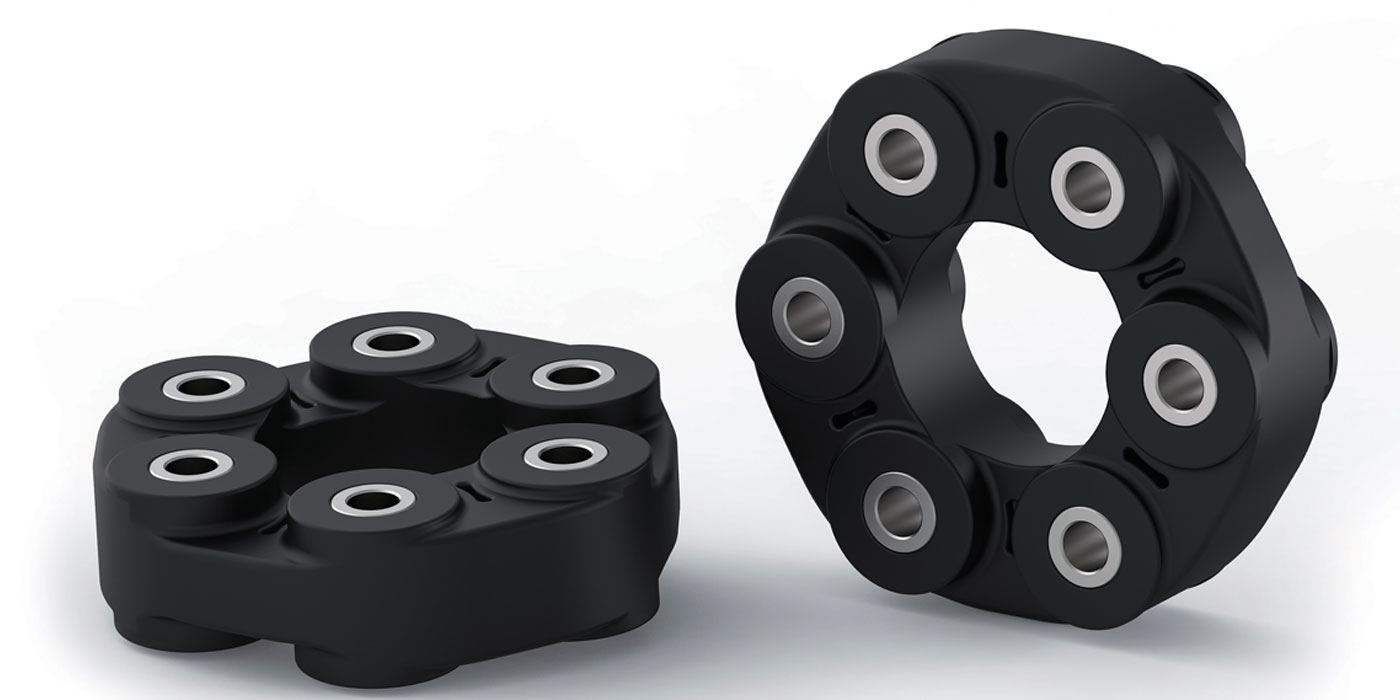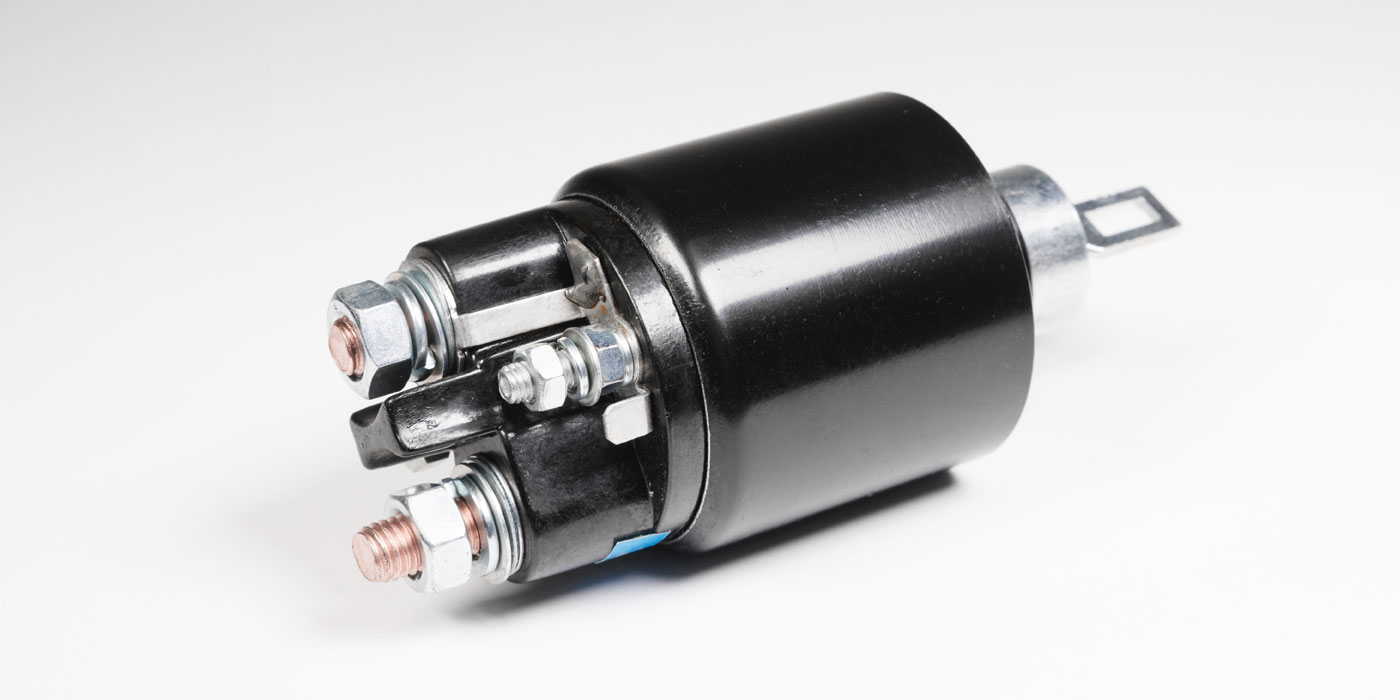 By Gary Garberg
By Gary Garberg
This must have been one of those weeks. It seems like every place I visited was either dealing with a current warranty issue, discussing a recent warranty issue or suffering from the circumstances, or results of, a past warranty issue. When I share with you some of the stories I heard, you won’t believe it. Well, maybe you will, because many of you have to deal with similar stories several times each year. So, here we go.
A shop owner called his distributor, complaining that the brand- new clutch pack he was sold was installed in the vehicle and the truck wouldn’t move. To the technician, this was the complete fault of the new clutch and in addition to seeking a warranty replacement, the installer wanted to know if labor reimbursement would be allowed. This is a common request when an alleged defective part requires substantial labor hours to install.
The warranty-weary distributor asked all the common questions relating to a problem of this nature. Did you resurface the flywheel? Did you wash the surface of the new pressure plate? Was the clutch fork bent? How about the operation of the clutch master and slave cylinders? Everything OK there? Of course, the installer answered all of these questions appropriately.
What was the distributor to do but replace the alleged defective unit for his valuable customer? The unit was replaced. Several hours passed and the phone rang again, the same shop, but a technician this time: “Is there any chance you could cover the labor on this clutch job? I forgot to put the clutch disc back in the vehicle and the owner won’t pay me to do the job the second time.” Really.
Instance number two: An installer contacted a distributor to tell him that the replacement alternator he just received and installed didn’t work. The alternator light wouldn’t go out. “Please send another,” he requested. The distributor sent out the second alternator to replace the alleged defective part.
A couple of hours later, the second alternator was returned with the delivery driver and there was a note attached to it: “Original replacement alternator was OK. In our haste to get the job out, we forgot to reinstall the fan belt.” Really.
Instance number three: An installer called a distributor to request a second replacement starter because the first one would not start the vehicle. A second starter was sent to the installer with the next available delivery vehicle. Before the delivery vehicle arrived, the installer called to cancel the delivery. “The battery cable was corroded and fell in two pieces. Do you have a new replacement cable?” Really.
These are just a few stories. I would be willing to bet that collectively, all of you could come up with dozens and dozens of similar stories. Just think of the wasted time and effort all of these unnecessary circumstances added to the congestion, expense and stress of the distributors’ operations that had to deal with these situations. Every day, some distributor, or many distributors, are going through the same thing. It’s ridiculous.
You can help. As auto parts professionals, you must do everything you can to assist your owners and vendors in eliminating as much of this unnecessary activity as possible. Continue asking legitimate questions when you are facing warranty situations, but you might have to start asking ridiculous questions too.
Did you install the release bearing? Did you tighten the fan belt? Did you re-connect the starter cables at the battery? Did you put air in the tires? Really.
I now represent the interests of a top-notch import alternator and starter re-manufacturer. The owner of the company I work for could go on for hours about the number of units we warranty each year that are, in fact, perfectly fine. There is nothing wrong with them. Several months ago, an article in Counterman addressed some of the reasons why return and warranty rates may be sky-rocketing. It was a terrific article. I hope you read it. (If you missed the article, go to www.counterman.com and click on Tech Feature. “Ignition, Charging System and Electrical Parts: Zapping Warranty Returns,” January 2007.)
To see if the new ribbon in her old typewriter was working properly, my mom used to type, “Now is the time for all good men to come to the aid of their party.” It is.


